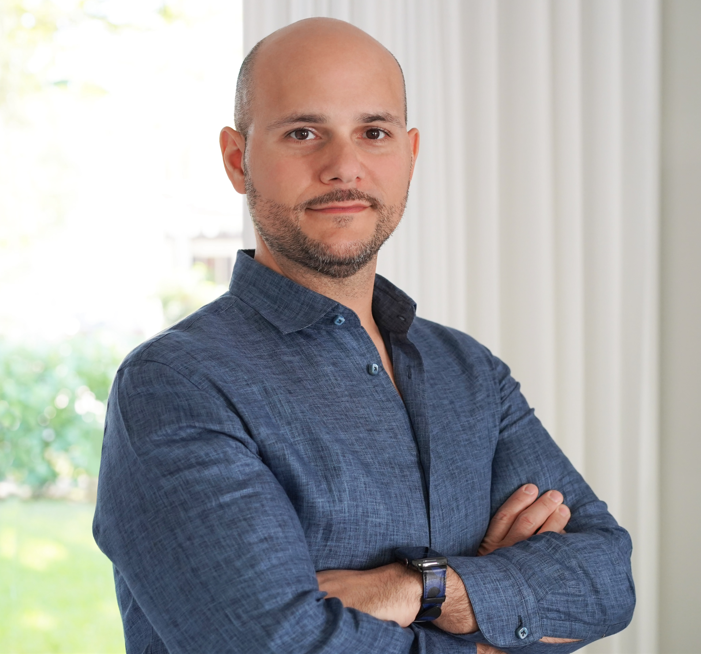
As a successful tech entrepreneur, Sebastian Mourra has built strong teams and cultures essential to his success. With valuable insights to share about what it takes to build a strong team and culture in the tech industry, he offers valuable expertise. Building a solid team and culture is crucial to the success of any company, especially in the fast-paced and constantly evolving tech industry. It requires a team that is adaptable, resilient, and innovative. Sebastian Mourra emphasizes the importance of understanding the human aspect of business as the foundation for building such a team. In this article, we’ll explore his insights and experiences, hoping to gain valuable lessons that we can apply to our own teams and companies.
Understanding People and Building for Good Quality
One of the critical insights that Sebastian Mourra shares is that building a successful team and culture requires an understanding of people. As he puts it, “when you’re building a product and offering it to people, the key is understanding humans, understanding people. And you’re building products that work for them, not like others who just build for profit.” In other words, building a successful company requires focusing on quality rather than just profit.
For Mourra, building a successful company means creating products that are not only innovative but also empower people. At Razz Interactive, for example, the focus is on creating products that make a difference in people’s lives. This focus on quality and innovation has been essential to his company’s success.
Creating a Happy and Sustainable Team
Another key insight that Mourra shares is that building a successful team and culture requires focusing on creating a happy and sustainable team. He said, “our teams have always been excellent and the happy culture has been amazing. And essentially, we love what we do.”
Creating a happy and sustainable team means hiring the right people and creating an environment where they can thrive. This requires building trust, open communication, and a positive work-life balance. When team members feel supported and valued, they are more likely to be productive, creative, and invested in the company’s success.
Dedication and Obsession
Building a successful company also requires dedication and obsession. As Mourra puts it, “it’s more about dedication, really diving into knowing and understanding what we’re moving forward with, obsessing over it, and not stopping until we have something that we feel confident about, something that’s good.”
This dedication and obsession require a willingness to go above and beyond what is expected. It means working long hours, taking risks, and being willing to pivot when things aren’t working. It also means staying true to your vision and not compromising on quality or values.
Building Real Relationships
Finally, building a strong team and culture requires building real relationships with clients, partners, and stakeholders. According to Mourra, “It’s about giving before receiving anything, you know? What’s always helped us stand out is that we’re real people with our clients. And, you know, it’s about having that heart-to-heart, not immediately diving into business or trying to sell everything without listening to the client.” Building genuine relationships means taking the time to understand the needs and desires of clients and partners. It means being willing to listen and adapt to feedback.
To conclude, building strong teams and cultures is essential for building a successful company. As Sebastian Mourra has shown, this requires a commitment to the vision, building real relationships, understanding people, and creating a strong culture within the company. With his expertise in leadership, career transitions, organizational culture, and angel investing, Mourra brings a unique perspective to the table. His insights can be applied to various aspects of the business world, whether it’s navigating the corporate ladder, making a transition to entrepreneurship, or even becoming an angel investor. By embracing his insights, we can learn valuable lessons to strengthen our own teams and companies in any industry or field.







